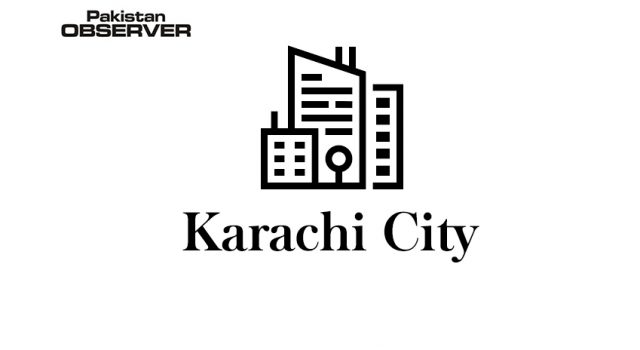Staff Reporter
A mass deworming campaign will be launched in Karachi from today that will target over half a million school-age children. The campaign aims to treat children in over 2,600 public and private schools and 145 health facilities across six districts of the city, according to the Sindh government. Schools and health facilities displaying the banner of the deworming campaign will provide the treatment free of charge. Out-of-school children between the ages of five and 14 years will also be encouraged to get treatment. A deworming week will then be held from January 30 to February 7 in selected public health facilities across Karachi to ensure wider access. The World Health Organisation’s drug donation programme has donated deworming drugs (mebendazole 500 mg) for the campaign. Sindh Health Secretary Zahid Ali Abbassi launched the Sindh Deworming Initiative’s first mass deworming campaign recently. “Annual mass deworming is very important for our children as it will ensure their improved physical and cognitive growth, resistance to other infections and improved school performance,” Abbassi said at an event. Deworming helps reduce malnutrition and anaemia, he added. “Benefits of school-based deworming are demonstrated through a rigorous body of evidence proving that mass deworming improves both health and academic performance of school-age children,” said Director Schools Education Karachi Hamid Karim. A national survey conducted in 2016 found that approximately 17 million school-age children across Pakistan, including approximately 4.6 million in Sindh, were in need of regular deworming. These infections result from poor sanitation and hygiene conditions and tend to have the highest prevalence in school-age children. Soil-based helminthiasis is transmitted by worms known as hookworms, roundworms and whipworms. All these types are present in Pakistan which is one of the 10 countries with the highest disease burden in the world. It causes stomach pain, diarrhoea, weakness and can even lead to iron-deficiency anaemia. The WHO estimates that nearly one in four of the world’s population, are infected globally with intestinal worms, also known as soil-transmitted helminths, with over 835 million children in need of treatment.










